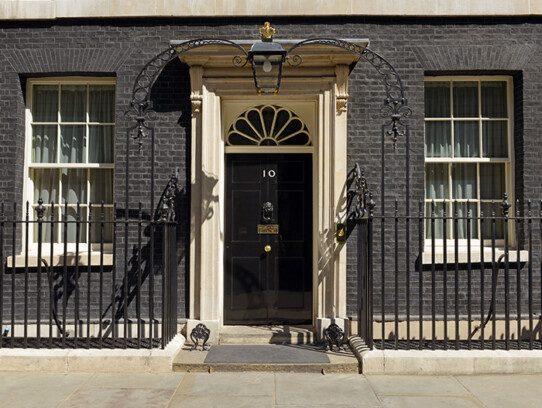Weekly round up
UK equity markets have struggled to make any progress against a continuing theme of high inflation. The UK FTSE 100 major benchmark opened lower on Friday and is set for a negative weekly performance of -1.6% at the time of writing.
Prime Minister, Boris Johnson has come under significant pressure to resign as he narrowly escaped a vote of no confidence this week. He received support from 211 backbenchers, with 148 voting against him. That means he was supported by 59% of the parliamentary party, 4% less than Theresa May received in her no-confidence vote.
The Prime Minister has urged his MP’s to draw a line under the ‘party gate’ scandal and concentrate on fighting the cost of living crisis. But key by-elections are on the horizon in Tiverton & Honiton, and Wakefield, where the Conservatives are expected to lose to the Lib Dems and Labour respectively. If he were to lose these seats heavily, he could find himself under even more pressure.
Additional pressures are building from unions which are looking to offset the cost-of-living crisis by higher wage demands. The RMT Union (Rail, Maritime, and Transport Union) is planning three days of strikes this summer set to cause further travel chaos.
The European Central Bank signalled its intention to raise its interest rates next month, increasing the rate from zero for the first time since 2016. President of the ECB, Christine Lagarde has announced a 25-basis point rise following the July meeting, with more likely to follow later in the year.
Consumer Price Inflation across the Eurozone hit a record 8.1% in May, which has left policy makers with the challenge to rein in inflation without compounding the economic slowdown resulting from the war in Ukraine and associated sanctions.
In the US, markets started well early in the week, however they experienced a sharp sell off on Thursday, with the S&P 500 down 2.4% in the day. Investors are cautious ahead of key inflation data which is to be released at 1.30pm UK time today. The focus will be on core CPI data, which excludes energy and food prices. Forecasts suggest a modest fall in CPI year on year from 6.2% to 5.9%.
Chinese stocks rebounded quickly on hopes that COVID restrictions are beginning to ease in some of the key economic hubs. The Shanghai 300 is up 3.6% this week and it appears this trend is continuing.
Chinese financial regulators are considering dialling back their crackdown on the tech industry which began almost two years ago. They have begun early-stage discussion on a potential revival of Ant Group Co.’s initial public offering, which Alibaba Group holds a 33% stake. Additionally, they are preparing to lift a ban on adding new users to the ride hailing app, Didi, attempting to spur economic activity from its beleaguered tech giants.
Meanwhile, in the commodities market, Brent Crude trades at $123, maintaining its upward trend and further aggravating the cost-of-living crisis. Gold, often cited as an inflation hedge, is down slightly over the week (-0.44%) and trades at $1,843.
The information provided in this communication is not advice or a personal recommendation, and you should not make any investment decisions on the basis of it. If you are unsure of whether an investment is right for you, please seek advice. If you choose to invest, your capital may be at risk and the value of an investment may fall as well as rise in value, so you could get back less than you originally invested.
